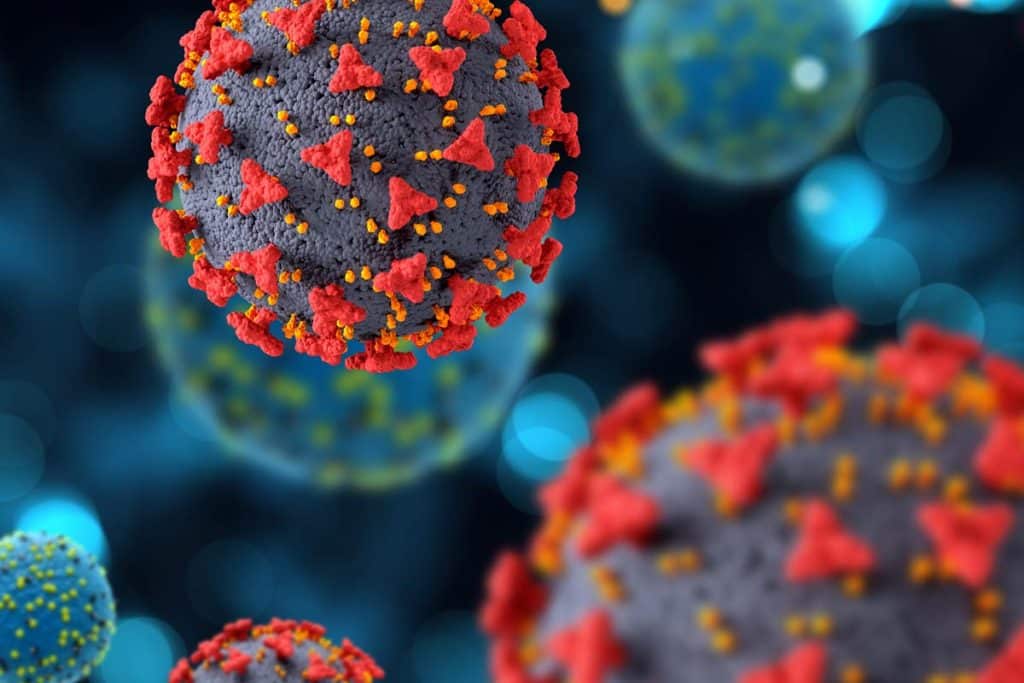The COVID-19 pandemic continues to impact lives worldwide. Mutations in the virus have led to the emergence of different variants over time. These variations may impact how the virus spreads and the effectiveness of certain defenses. Understanding these variants and taking preventive steps can help reduce risk and protect communities.
What Are COVID-19 Variants?
Viruses change over time, and these changes are referred to as mutations. Variants are versions of a virus that have developed one or more mutations in their genetic makeup. These changes may affect how the virus behaves, such as spreading more rapidly or evading certain responses.
COVID-19 variants emerge when the virus replicates in hosts and adapts to its environment. Public health experts monitor these changes to assess how variants might affect public health measures like vaccines or treatments. The naming of variants often includes both scientific designations and simplified names for public communication.
Which Variants Are Most Concerning?
Certain COVID-19 variants are monitored closely due to their potential to increase transmission or affect vaccine effectiveness. These variants are often categorized based on their level of concern:
- Variants of Interest (VOIs): VOIs have genetic traits that could impact public health. Monitoring these helps researchers prepare for possible changes in the virus’s behavior.
- Variants of Concern (VOCs): VOCs demonstrate traits like faster spread or reduced effectiveness of vaccines. Increased surveillance is necessary to manage their potential risks.
- Variants of High Consequence: These variants show significant resistance to existing tools such as vaccines or treatments. Global efforts aim to prevent such variants from emerging.
Public health organizations utilize these categories to allocate resources and information effectively, thereby minimizing their impact.
What Precautions Protect Against Variants?
Preventive steps remain effective for reducing the risk of COVID-19, even with the presence of variants. Some practical measures include individual and community actions:
- Wearing Masks: Use masks in crowded indoor spaces or areas with high transmission. This helps to limit contact with respiratory particles.
- Vaccination: Staying updated on vaccinations strengthens defenses against severe outcomes caused by variants.
- Testing and Isolation: Testing regularly and isolating when symptomatic or exposed reduces the chance of spreading COVID-19.
- Maintaining Hygiene: Washing hands and cleaning surfaces lowers the risk of transmission through contact.
Each step supports individual and group safety, especially in areas with variant activity.
How Effective Are Current Vaccines?
Current vaccines play a role in reducing the impact of COVID-19 and its variants. Research and ongoing studies indicate that vaccination enhances the body’s ability to respond to the virus, even as it evolves. Effectiveness can vary depending on the specific variant and a person’s health status.
Health agencies continually monitor the effectiveness of vaccines against emerging strains. Updates or booster doses may be recommended as new information becomes available. Staying informed through trusted sources helps individuals make decisions that best support their health.
Consult a Specialist
Understanding COVID-19 variants starts with accessing reliable information. Reaching out to healthcare providers or local health departments can help answer specific questions about variants and necessary precautions. Staying informed and following expert guidance allows individuals to create safer environments for themselves and others. Taking proactive steps, such as consulting specialists or public health resources, is key to protecting your health and well-being.







